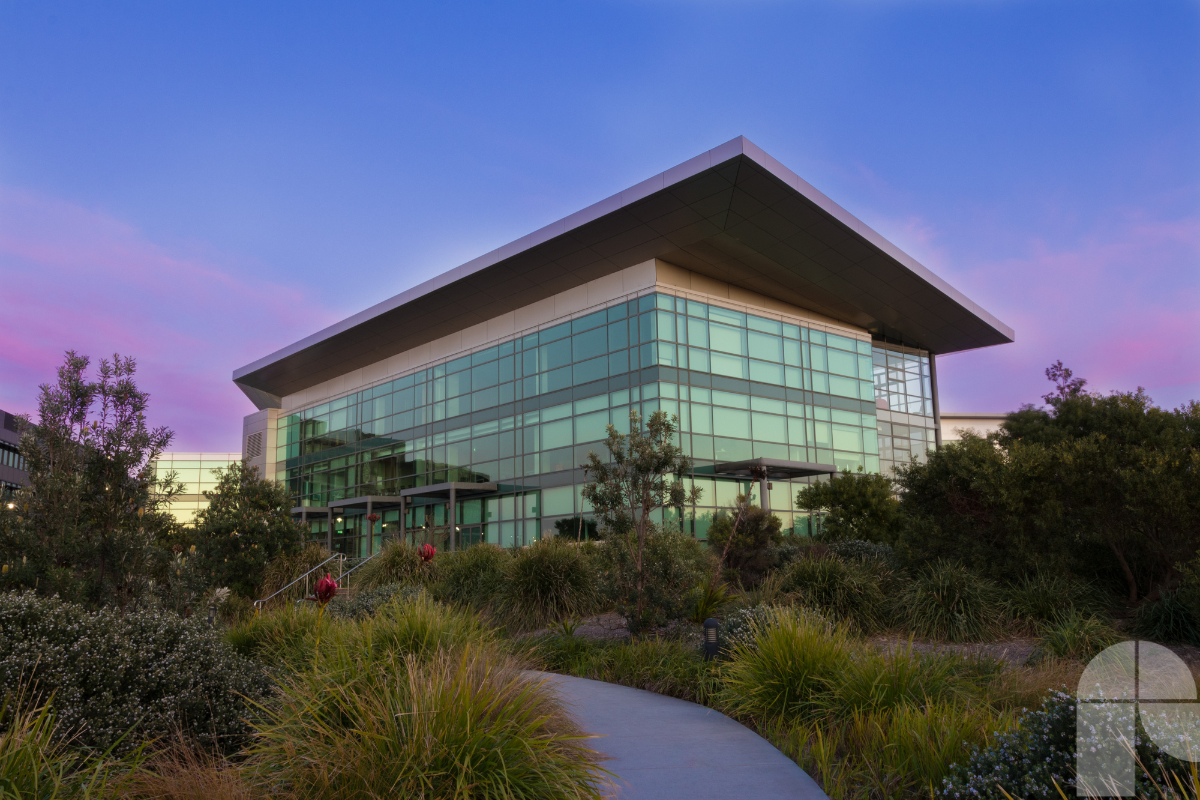Sustainable real estate is rapidly becoming a key focus in the commercial property sector. As environmental concerns grow and regulations tighten, sustainable practices are not just a trend but the future of the industry. Here’s why sustainable commercial real estate is essential for long-term success:
Regulatory Compliance: Governments around the world are increasingly implementing strict environmental regulations for commercial buildings. Compliance with these regulations is crucial for avoiding penalties and ensuring that properties remain marketable. Sustainable building practices, such as energy efficiency and waste reduction, help meet these standards.
Cost Savings Through Efficiency: Sustainable buildings are designed to be energy-efficient, reducing operational costs for owners and tenants. Features such as efficient HVAC systems, LED lighting, and water-saving fixtures can significantly lower utility bills. Over time, these savings can add up, making sustainable properties more financially attractive.
Increased Tenant Demand: More businesses are prioritising sustainability in their operations, seeking office spaces that align with their environmental values. Sustainable commercial properties are increasingly in demand as tenants look for buildings with green certifications, such as LEED or NABERS. This demand can lead to higher occupancy rates and rental income.
Enhanced Property Value: Sustainable buildings tend to have higher market values due to their energy efficiency, lower operating costs, and appeal to environmentally conscious tenants. As the market increasingly favours sustainable properties, those that do not meet these standards may face depreciation or obsolescence.
Attraction of Investment: Investors are increasingly focused on Environmental, Social, and Governance (ESG) criteria, which include sustainability. Commercial properties that meet high sustainability standards are more likely to attract investment from funds and institutions prioritising ESG factors. This can increase the availability of capital for sustainable projects.
Long-Term Resilience: Sustainable buildings are designed with resilience in mind, capable of withstanding environmental challenges such as extreme weather events. This resilience reduces the risk of damage and associated repair costs, making these properties more attractive in the long term.
Sustainable commercial real estate is not just a responsible choice; it’s a strategic one that ensures properties remain competitive, valuable, and compliant with future regulations. As the industry continues to evolve, sustainability will be a defining characteristic of successful commercial properties.

